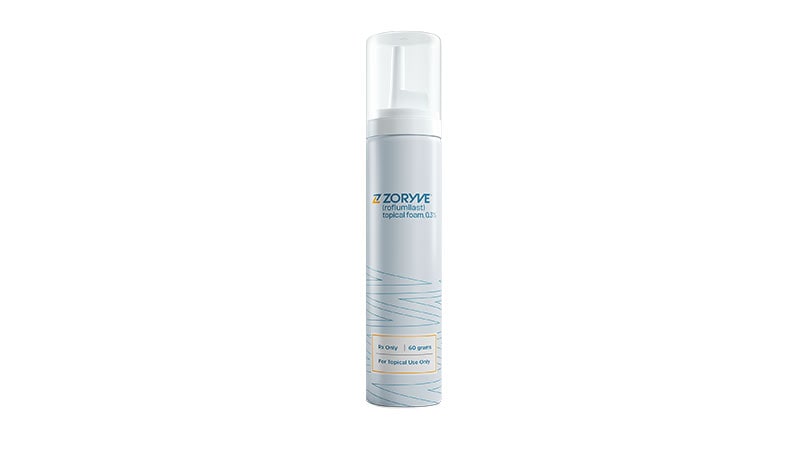Boosting Vitamin E Intake May Protect Against MASLD
TOPLINE:
Augmenting an intake of vitamin E, via both diet and supplements, may help prevent metabolic dysfunction–associated steatotic liver disease (MASLD), particularly in adults without hyperlipidemia, new data showed.
METHODOLOGY:
- MASLD (formerly known as nonalcoholic fatty liver disease) is a common chronic liver disease, and its severe form — metabolic dysfunction–associated steatohepatitis (formerly nonalcoholic steatohepatitis) — is associated with oxidative stress. As an antioxidant, vitamin E may protect against MASLD.
- Researchers analyzed data for 6122 adults from the National Health and Nutrition Examination Survey from 2017 to 2020.
- Information on dietary, supplementary, and total vitamin E intake was obtained from two 24-hour dietary recall interviews.
- The extent of hepatic steatosis was measured by liver ultrasound transient elastography, with MASLD defined as a controlled attenuated parameter threshold of ≥ 288 dB/m.
TAKEAWAY:
- After adjusting for sociodemographic characteristics, adults with MASLD had lower dietary and total intake of vitamin E, and dietary and total vitamin E intake was inversely associated with MASLD outcome.
- Adults in the top quartile of dietary vitamin E intake had approximately 40% lower odds of MASLD (odds ratio [OR], 0.60; P = .0091).
- Vitamin E supplement use was associated with 34% reduced odds of MASLD (OR, 0.66; P = .0249), whereas adults in the top quartile of total vitamin E intake had a 33% lower likelihood of MASLD (OR, 0.67; P = .0538).
- The findings were robust to sensitivity analysis, and the effects were stronger in those without hyperlipidemia.
IN PRACTICE:
"Increasing dietary sources of vitamin E is beneficial for preventing [MASLD], particularly in individuals without hyperlipidemia," the researchers concluded.
SOURCE:
The study, with first author Xiangjun Qi, Guangzhou University of Chinese Medicine, Guangzhou, China, was published online in Scientific Reports.
LIMITATIONS:
Causality cannot be determined due to the cross-sectional study design. Dietary recalls may not fully reflect the dietary status of participants, which may influence assessment of exposure to some extent.
DISCLOSURES:
The study had no specific funding. The authors declared no conflicts of interest.


 Admin_Adham
Admin_Adham


